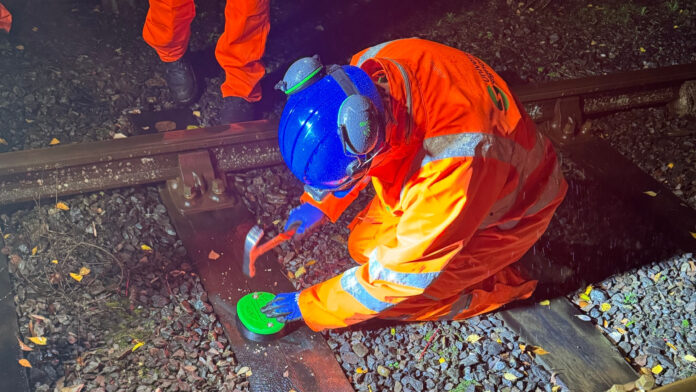A successful mainline trial in Wales has demonstrated how new real-time train location technology could improve safety and reduce delays at rural level crossings across Britain. Network Rail has tested Universal Signalling’s ‘U-Cross’ system on the Heart of Wales line, marking a significant step towards next-generation, digitally driven signalling for low-traffic routes.
Developed by Universal Signalling and first showcased at the Global Centre of Rail Excellence in South Wales in 2024, U-Cross gives signallers precise, real-time information on a train’s location. The system is designed to support faster, safer decisions at user-worked crossings, which are used daily by farmers, landowners and rural communities.
At present, users must contact the signaller by telephone before crossing, and signallers must piece together train-location information from several data sources. While this process is safe, it can result in significant delays. U-Cross provides signallers with a clear, immediate view of how long remains before the next train arrives, improving situational awareness and reducing waiting times.
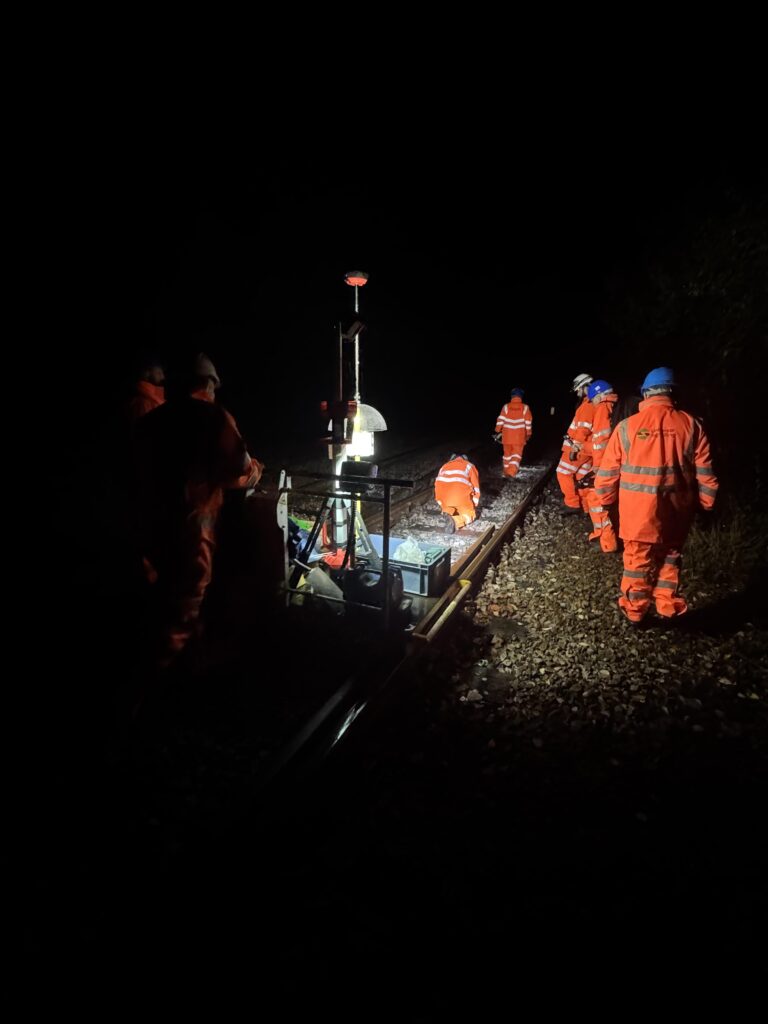
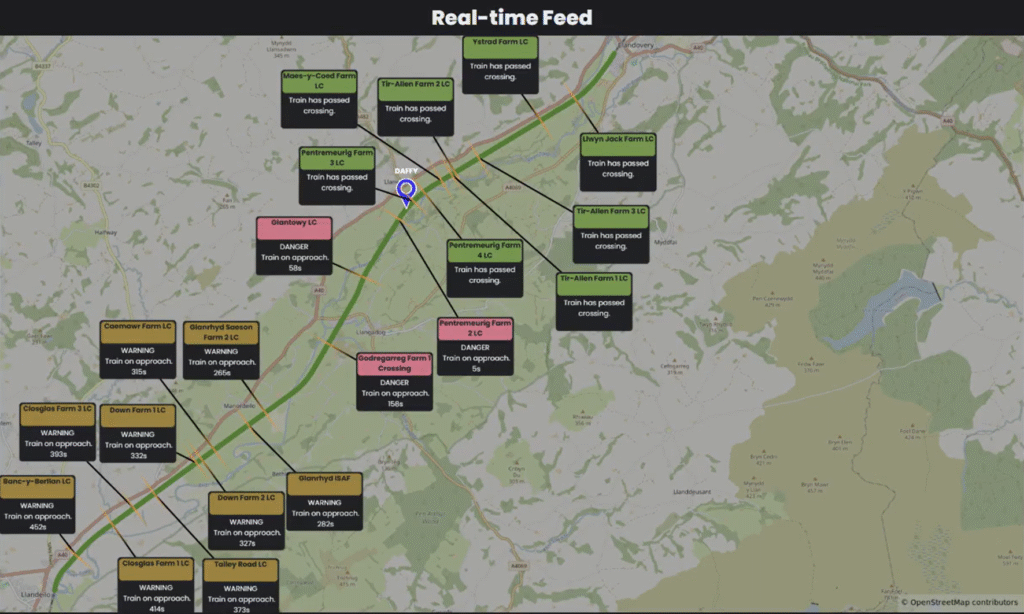
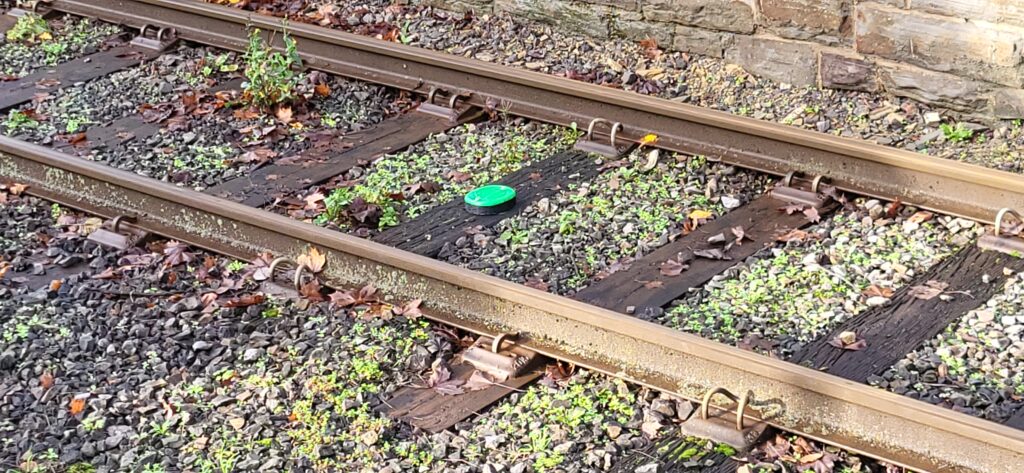
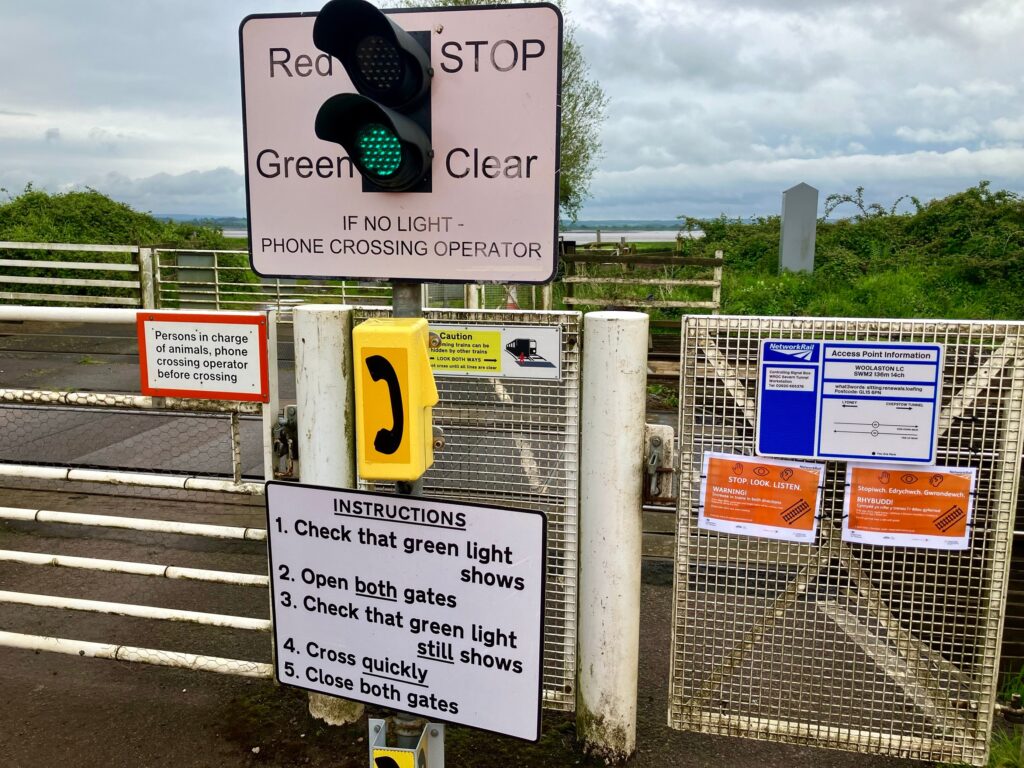
The two-week trial, held from 3 to 14 November, covered an 11-mile stretch of the Heart of Wales line between Llandeilo and Llandovery, including 20 user-worked crossings. As part of the trial:
- Track was fitted with U-Beacon Universal Locator Beacons, visible as green discs on sleepers through Llandovery Station.
- In-service Transport for Wales trains were equipped with readers and communications equipment.
- Trains automatically transmitted their position to signallers when approaching or clearing a crossing.
- The system collected more than 400,000 data points for analysis.
A key advantage of the system is its rapid installation. The entire 11-mile section was fitted in just two and a half overnight line blocks with no advance lineside design work, demonstrating significant efficiency and cost benefits for future signalling upgrades.
The next phase will explore extending the system across the full 96-mile Heart of Wales line, which contains 126 crossings, before assessing opportunities on other rural routes.
Anthony Aldred, Operations Manager for Network Rail Wales and Borders, said:
“Managing access to the railway at user-worked crossings is a key part of keeping our network safe for the people and communities who rely on it. In rural areas, where signallers rely on information from multiple sources, U-Cross gives them a clear, instant view of train locations and visual confirmation of whether a crossing is safe to use, while defaulting to established procedures if a fault is detected.
This product has real potential to further strengthen safety and reduce delays for users and it has been incredibly valuable to support this project.
We’re proud to be part of this UK-first trial as we work with Universal Signalling and our industry partners to explore how it could benefit more locations across the network.”
Stephen Head, Chief Executive Officer at Universal Signalling, said:
“U-Cross is the first stepping stone towards our vision for next-generation digital signalling that’s affordable for rural lines. What truly sets this apart is the speed of deployment, which drives down cost to the railway.
We’ve automated and productionised as much of the process as possible, stripping out much of the cost base. Fitting 11 miles of track in just two and a half overnight possessions, with no prior design work, shows what’s possible with our system.
It’s been a delight working with the Wales & Borders teams, and the support from Transport for Wales has been fantastic. Feedback from this trial and analysis of the data collected will inform refinements ahead of the next phase.”
Network Rail says the trial supports its wider strategy to adopt innovative technology that improves safety, enhances customer experience and delivers smarter, more cost-effective ways of operating the railway.


